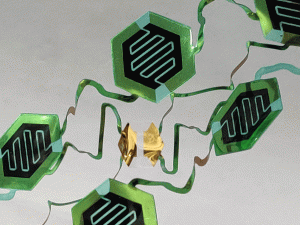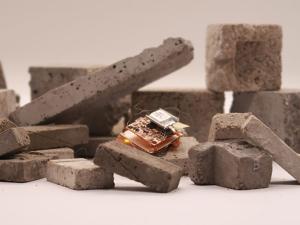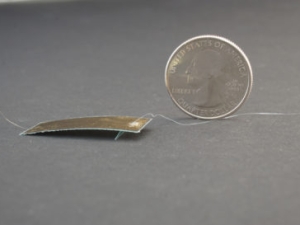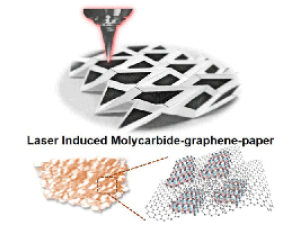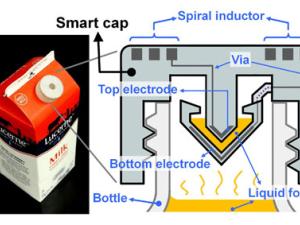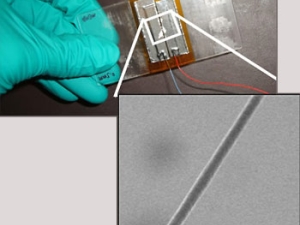Research Bio
Liwei Lin is a pioneering researcher in microelectromechanical systems (MEMS), whose work has significantly advanced the design and manufacturing of tiny sensors and actuators used in medical devices, consumer electronics, and energy systems. His research bridges mechanical engineering and nanotechnology to create devices that interface the physical and digital worlds at microscopic scales. Lin has made foundational contributions to the fabrication of microscale structures using techniques such as silicon surface/bulk micromachining and micro molding processes.
Best known for developing innovative MEMS-based energy harvesters and biomedical sensors, Lin’s work enables self-powered devices and point-of-care diagnostic tools. His research has facilitated breakthroughs in wearable technologies, implantable sensors, and sustainable microsystems.
An expert in micro/nanofabrication and MEMS design, Lin is a professor in the Department of Mechanical Engineering at the University of California, Berkeley. He also serves as Co-Director of the Berkeley Sensor & Actuator Center, a leading research consortium in MEMS innovation. Lin is a Fellow of the ASME and has received numerous honors for his scholarly impact, including the NSF CAREER Award and multiple Best Paper Awards from international conferences.
Research Expertise and Interest
nanotechnology, MEMS (microelectromechanical systems), NEMS (nanoelectromechanical systems), design and manufacturing of microsensors, microactuators, development of micromachining processes, silicon surface/bulk micromachining, micromolding process
In the News
From COVID to Cancer, At-Home Test Spots Disease With Startling Accuracy
UC Berkeley Engineers Create World’s Smallest Wireless Flying Robot
Bakar Fellows Program Names Seven New Spark Award Recipients
Slicing the Way to Wearable Sensor Prototypes
Insect-sized robot navigates mazes with the agility of a cheetah
You can’t squash this roach-inspired robot
Researchers use jiggly Jell-O to make powerful new hydrogen fuel catalyst
Berkeley engineers develop origami electronics from cheap, foldable paper
3D-Printed ‘Smart Cap’ Uses Electronics to Sense Spoiled Food
It might not be long before consumers can just hit “print” to create an electronic circuit or wireless sensor in the comfort of their homes. UC Berkeley engineers are expanding their portfolio of 3D printing technology to include electrical components, such as resistors, inductors, capacitors and integrated wireless electrical sensing systems.
New fiber nanogenerators could lead to electric clothing
In research that gives literal meaning to the term "power suit," UC Berkeley engineers have created energy-scavenging nanofibers that could one day be woven into clothing and textiles. The technology could eventually lead to wearable 'smart clothes' that can power hand-held electronics through ordinary body movements.
Featured in the Media
A team of Berkeley researchers has developed a skittering robot that's modeled on a cockroach. Like the insect, it's tiny, fast, and can survive attempts to squish it. "Most of the robots at this particular small scale are very fragile," says mechanical engineering professor Liwei Lin, the senior author of the study. "If you step on them, you pretty much destroy the robot. ... We found that if we put weight on our robot, it still more or less functions." The ultimate goal for such robots is to put them to work on search and rescue missions in places where dogs or humans either can't fit, or where it may be too dangerous for them to go, says first author Yichuan Wu, who was a mechanical engineering graduate student working on the project through a partnership with the Tsinghua-Berkeley Shenzhen Institute. "For example, if an earthquake happens, it's very hard for the big machines, or the big dogs, to find life underneath debris, so that's why we need a small-sized robot that is agile and robust," he says. Link to video. For more on this, see our press release at Berkeley News. Another story on this topic appeared in One News Page (UPI).




